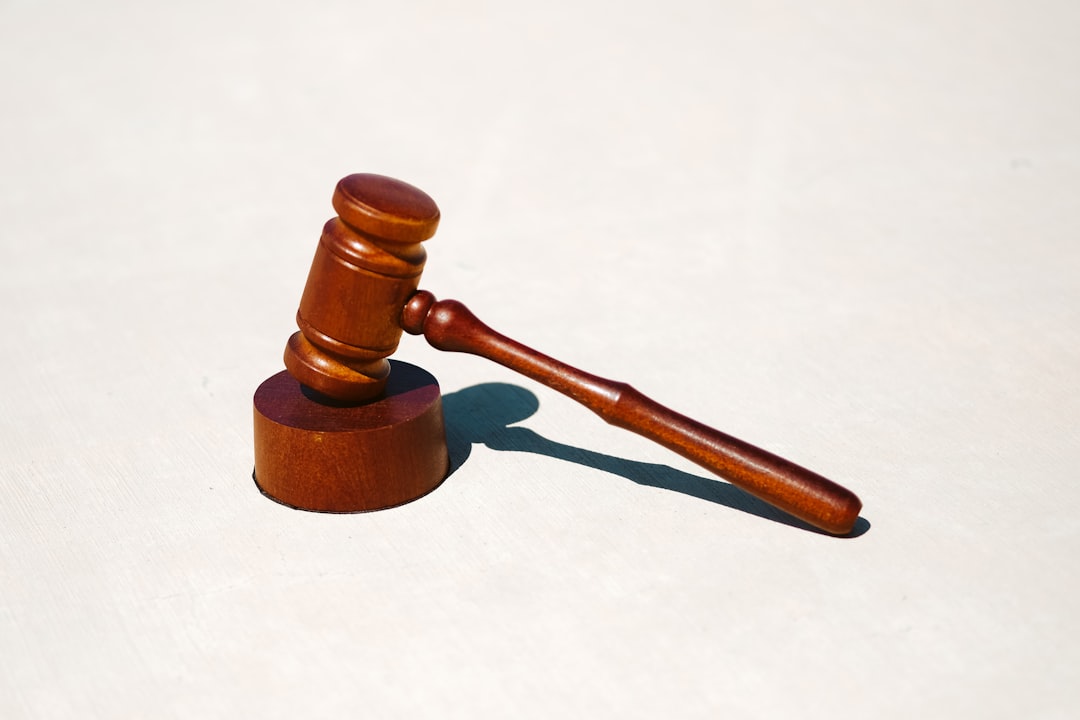Spam call lawyers Rhode Island play a crucial role in guiding Cranston highway authorities to comply with the Telephone Consumer Protection Act (TCPA) for toll collection communications. Authorities must balance revenue generation and privacy rights, using automated systems with opt-out options and prior consent. Strict adherence to TCPA rules prevents legal issues, fines, and reputational damage from unwanted calls, including those from spam call lawyers. Proactive measures and best practices ensure effective, compliant communication while avoiding spam call lawsuits.
“In Rhode Island, the Telephone Consumer Protection Act (TCPA) regulations play a pivotal role in governing toll collection communications. This article serves as a comprehensive guide for Cranston highway authorities, offering insights into navigating complex TCPA rules. We explore ‘Toll Collection Communications: Do’s and Don’ts’ to ensure legal compliance. Additionally, we delve into effective communication practices designed to avoid spam call lawsuits. For Rhode Island-based highway authorities seeking to optimize their outreach strategies, this resource offers invaluable guidance.”
Understanding TCPA Regulations in Rhode Island

In Rhode Island, the Telephone Consumer Protection Act (TCPA) regulations are strictly enforced to protect residents from unwanted and harassing phone calls, particularly those related to toll collection communications. These laws, administered by the Federal Communications Commission (FCC), have significant implications for Cranston highway authorities and toll collection agencies operating within the state.
Rhode Island’s spam call lawyers play a crucial role in ensuring compliance with TCPA regulations. They assist highway authorities in understanding when and how to contact motorists regarding toll violations without violating consumer rights. By adhering to these rules, Cranston highway authorities can avoid legal repercussions, fines, and damage to their reputation while effectively managing toll collection processes.
Toll Collection Communications: Do's and Don'ts

Toll collection communications, while crucial for revenue generation, must adhere to strict guidelines set by the TCPA (Telecommunications Consumer Protection Act) to avoid becoming a nuisance or even engaging in illegal activities. Cranston highway authorities should be mindful of both the do’s and don’ts when it comes to contacting drivers regarding toll payments.
Do use automated phone systems with clear, concise prerecorded messages that inform callers about their account status. Respect driver privacy by allowing them to opt out of certain communication methods. Never initiate spam call lawyers Rhode Island; these unsolicited calls can lead to legal repercussions. Always ensure consent is obtained before contacting individuals or entities for toll-related matters.
Avoiding Spam Call Lawsuits for Highway Authorities

Cranston highway authorities must be vigilant in adhering to the Telephone Consumer Protection Act (TCPA) to avoid costly spam call lawsuits. The TCPA prohibits automated or prerecorded calls, as well as texts, to mobile phones unless the caller has prior express consent from the recipient. Violations can result in significant financial penalties for public entities like highway authorities.
To protect themselves from these lawsuits, Cranston highway authorities should ensure they have clear and documented consent processes in place for any communication initiatives involving automated calls or texts. Regular training for staff involved in such activities is crucial to prevent accidental violations. Additionally, keeping up with legal interpretations and updates related to the TCPA is essential, as regulations evolve to better protect consumers from spam call abuses, especially in the context of Rhode Island’s robust legal landscape for consumer protection.
Effective Communication Practices for Cranston Highways

In ensuring effective and compliant communication, Cranston Highway Authorities should adopt best practices that align with the TCPA (Telephone Consumer Protection Act) guidelines. This involves striking a balance between public service announcements and avoiding excessive or unwanted communications, especially regarding toll collection. A strategic approach can include utilizing text notifications for updates on traffic conditions and toll fees, while also providing clear opt-out mechanisms to prevent spam call lawyers Rhode Island issues.
Authorities should aim to deliver information in a concise, accurate manner, ensuring that every communication serves a purpose. By modernizing their communication methods and staying attuned to TCPA regulations, Cranston Highways can enhance public satisfaction and avoid potential legal pitfalls associated with inappropriate toll collection communications, thus fostering a harmonious relationship with both residents and visitors.






